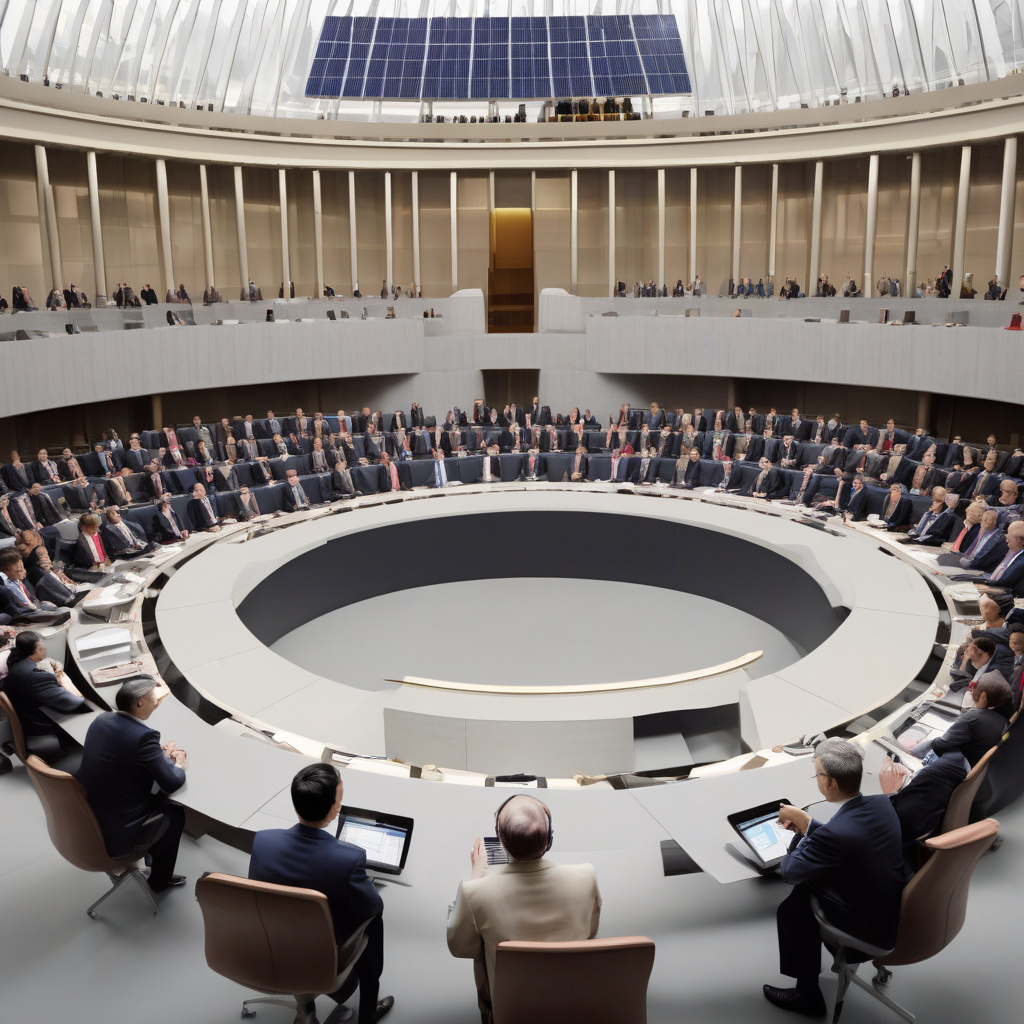Lawmakers Call for EU Action to Limit Huawei’s Influence in Solar Inverters Amid Security Concerns
Lawmakers in the European Union are sounding the alarm on Huawei’s increasing control over solar inverters, citing potential risks to Europe’s energy security. The push comes as the Commission faces mounting pressure to rein in what is seen as a significant threat posed by the tech giant in the renewable energy sector.
The issue at hand revolves around the crucial role that solar inverters play in the functioning of solar energy systems. These devices are responsible for converting the direct current (DC) generated by solar panels into alternating current (AC) that can be used to power homes and businesses. With Huawei’s growing dominance in the solar inverter market, concerns have been raised about the implications for Europe’s energy infrastructure.
Lawmakers are particularly worried about the security risks associated with allowing Huawei to maintain a stronghold over key components of the continent’s energy systems. As member states ramp up efforts to bolster their defenses against potential threats, the presence of ‘high-risk’ vendors like Huawei in critical infrastructure has become a point of contention.
The call for action to curb Huawei’s influence in the solar inverter sector underscores the broader debate surrounding the role of Chinese tech companies in Europe’s strategic industries. With concerns about data privacy, cybersecurity, and geopolitical influence on the rise, policymakers are grappling with how best to balance innovation and security in an era of rapid technological advancement.
While Huawei has defended its track record and commitment to upholding the highest standards of security and reliability, skepticism remains high among EU lawmakers. The push for restrictions on ‘high-risk’ vendors reflects a growing consensus that proactive measures are needed to safeguard Europe’s energy independence and resilience in the face of evolving threats.
As the Commission weighs its options and considers potential regulatory interventions, the outcome of this debate could have far-reaching implications for the future of the renewable energy sector in Europe. By addressing the security concerns surrounding Huawei’s role in solar inverters, policymakers have an opportunity to bolster confidence in the sustainability and reliability of the continent’s energy infrastructure.
In the coming months, all eyes will be on Brussels as decisions are made that could shape the trajectory of Europe’s energy transition. The outcome of this debate will not only impact the competitive landscape of the solar inverter market but also set a precedent for how the EU approaches security challenges in an increasingly interconnected and digital world.
In the quest for a secure and resilient energy future, the need to address the risks posed by high-risk vendors like Huawei is paramount. By heeding the warnings of lawmakers and taking decisive action to mitigate these threats, the EU can uphold its commitment to safeguarding the integrity of its energy systems for generations to come.
solar inverters, Huawei, EU, security risks, energy security











